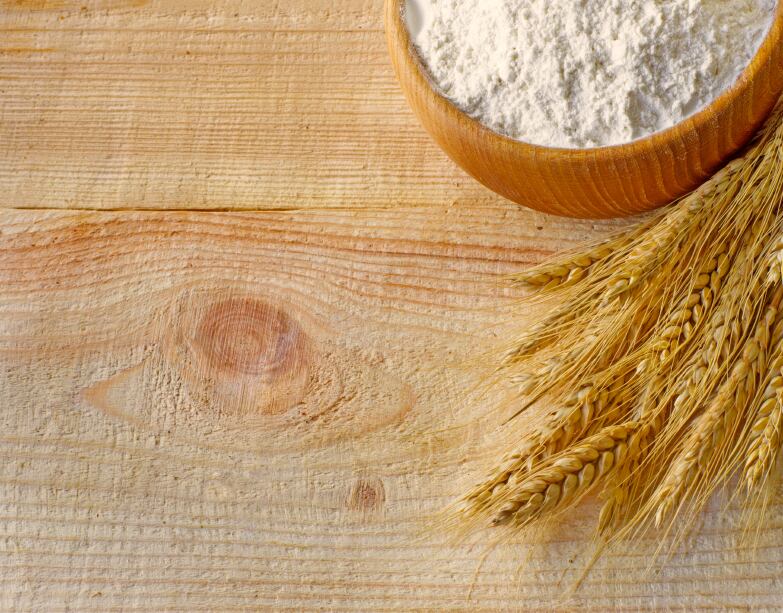The engineered replacements achieved so far represent a third of the 16 chromosomes that make up the one-celled microorganism, Baker's yeast (Saccharomyces cerevisiae).
The ability to make such changes to the genome is significant as use of yeast in biotechnology is extensive within the food sector.
Synthetic versions of chromosomes open up possibilities to improving production of foods, the team behind the Synthetic Yeast Project (Sc2.0) commented.
For example, new strains of Baker’s yeast could be developed to be more responsive to the industrial processes of bread or beer making, producing superior yields with minimal waste.
"This work sets the stage for completion of designer, synthetic genomes to address unmet needs in medicine and industry," said geneticist Dr Jef Boeke, director of New York University’s Langone's Institute for Systems Genetics.
"Beyond any one application, the papers confirm that newly created systems and software can answer basic questions about the nature of genetic machinery by reprogramming chromosomes in living cells."
Upgraded chromosomes

By the end of this year, this international consortium hopes to have designed and built synthetic versions of all 16 chromosomes.
Additional research has also revealed the 3D structures of synthetic chromosomes in the cell nucleus.
“In terms of recent advances, I would suggest that the yeast synthetic genome project is potentially transformative,” said Professor Paul Freemont, co-director of the Centre for Synthetic Biology and Innovation, Imperial College London and Co-Director of SynbiCITE, Imperial College London.
“Baker’s yeast shares around 26% of its genes with humans. Therefore, studying the synthetic genome of yeast can help us to understand in part some of the complexity of the human genome.
“The ability to design, synthesise and assemble such complex chromosomes and get them to work in a living yeast cell is a massive achievement for synthetic biology.”
Human genomes next
With the advent of new biotechnological yeast applications, researchers have noted the yeast’s ability to endure different environments that differ to traditional food fermentations.
Researchers have suggested the possibilities of isolating or generating yeast variants that perform better than currently used strains.
Different strategies of strain selection and improvement for yeasts include breeding and genome shuffling to generate artificial diversity.
The approach taken by Sc2.0 use genetic modification approaches to alter traits in a more targeted way, hopefully leading to the creation of superior industrial yeasts.
The progress made by Sc2.0 project is the culmination of four years’ work.
Back in March 2014, the team announced it had successfully assembled the first synthetic yeast chromosome (synthetic chromosome 3 or synIII) comprising 272,871 base pairs that make up the DNA code.
The technologies developed in Sc2.0 will serve as a foundation for GP-write, a related initiative that looks to synthesize complete sets of human and plant chromosomes (genomes) within the next decade.
Source: Science
Published online ahead of print: DOI:10.1126/science.355.6329.1038
“Building on nature's design.”
Authors: Laura Zahn and Guy Riddihough
